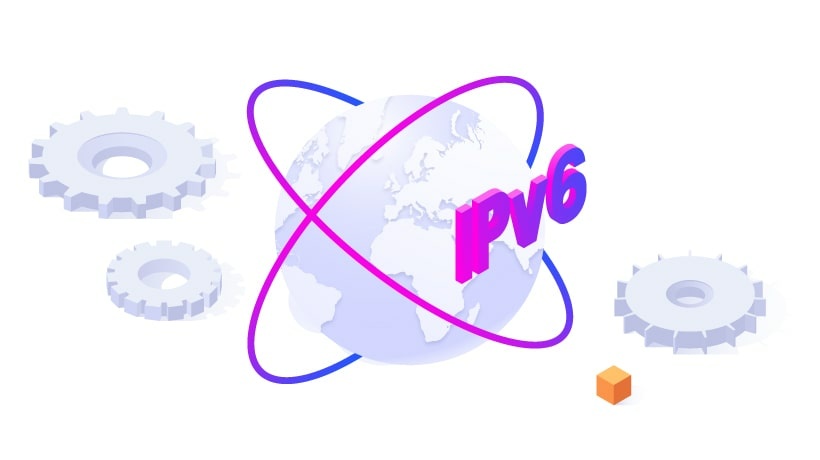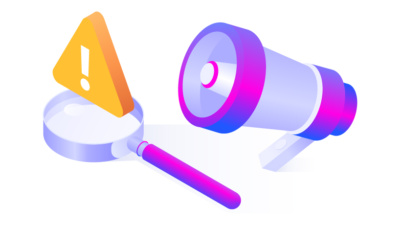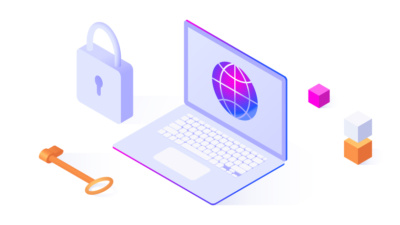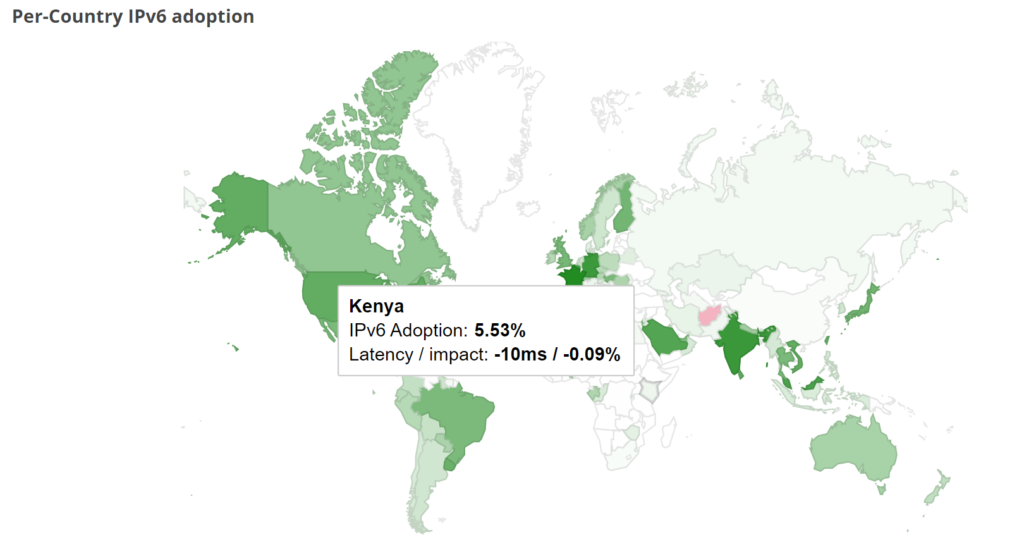Latest in the News: New Efforts to Speed up the IPv6 Adoption Rate
2 min read
28 July 2022
Beatričė Raščiūtė
As the IPv6 adoption rate has been climbing painfully slowly, governments around the world are trying to introduce their own efforts and legislations in the hopes of speeding up the process.

About the author
Beatričė is a Technical Content Writer at IPXO. Having experience in translations, she decided to test new waters in the tech industry as a writer. While creating content, she dives deep into different internet and networking topics with the goal to present valuable information in the most reader-friendly way.
Table of contents
Related reading

31 October 2022 •
News
Latest in the News: rDNS Queries Reveal Too Much, CISA Demands Asset Visibility, Splinternet, Desktop Holds IPv6 Back
Learn how rDNS queries may be linked to privacy issues, what CISA does to ensure asset visibility, how the rift between IPv4 and IPv6 may lead to splinternet, and…
Read more
29 September 2022 •
News
Latest in the News: RPKI, BGP and Other Internet Security Best Practices
Why is RPKI ROV important? What can be done about BGP vulnerabilities? Is it possible to enhance the security of internet-connected devices? These are the questions addressed in the…
Read more
12 September 2022 •
News,
Product Updates
IPXO Obtains ISO 27001 Certification for Full Compliance With the Best Information Security Practices
IPXO is 100% ISO 27001 certified. Discover what this certification means and how we achieved it.
Read moreSubscribe to the IPXO email and don’t miss any news!

